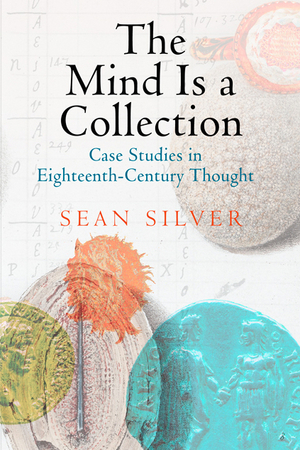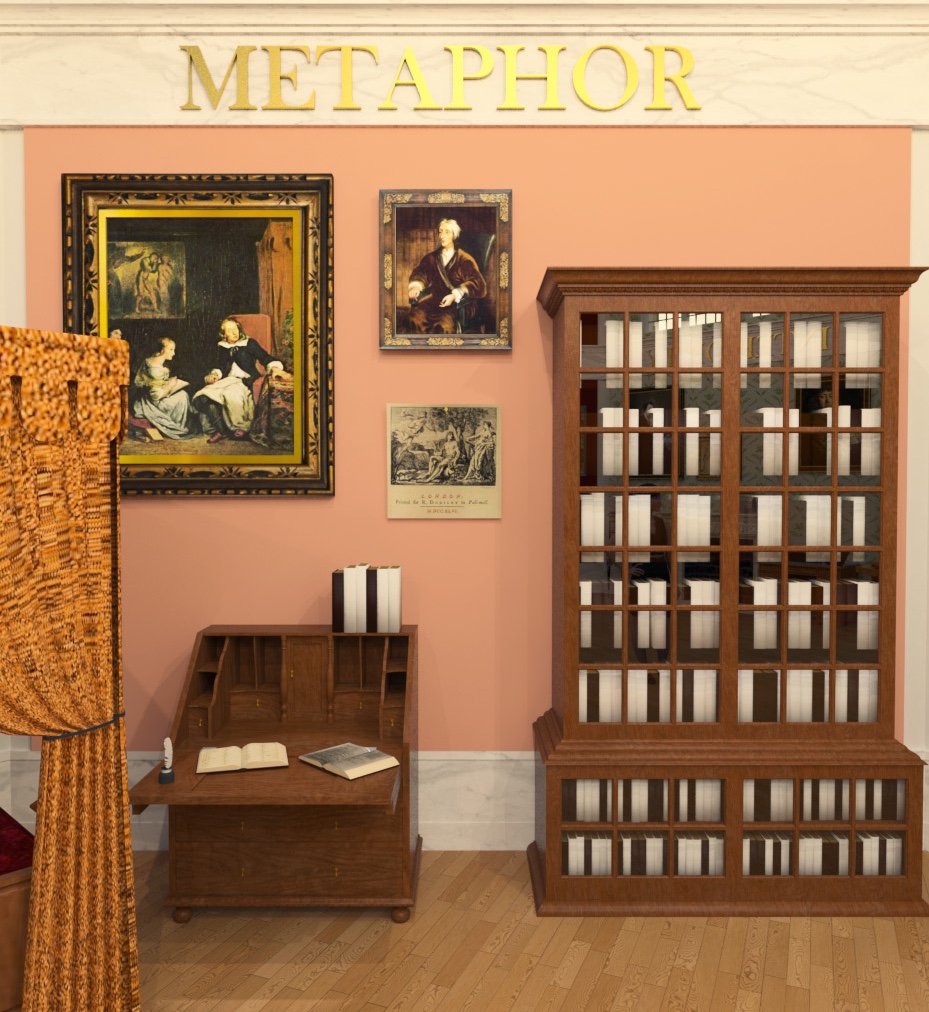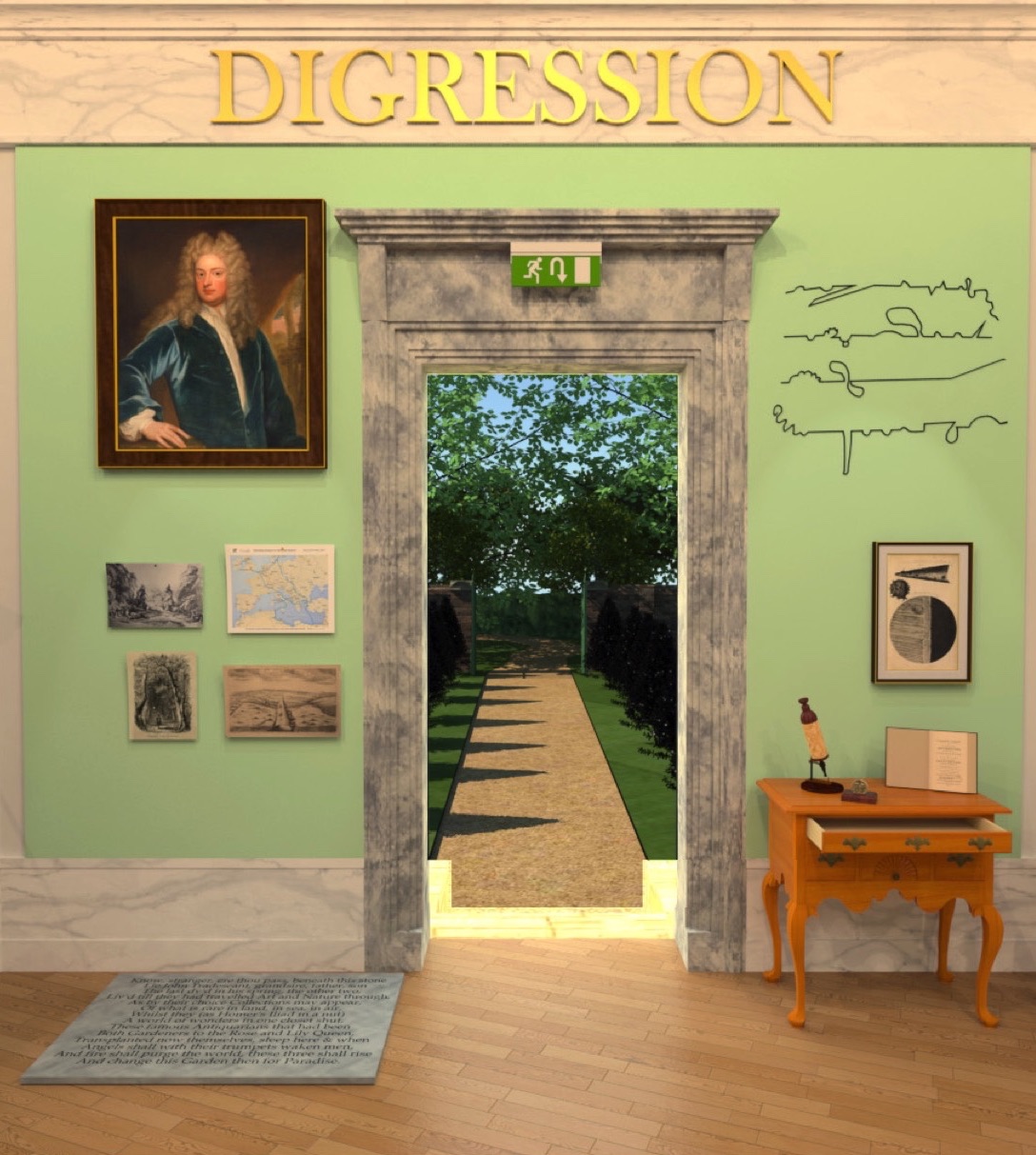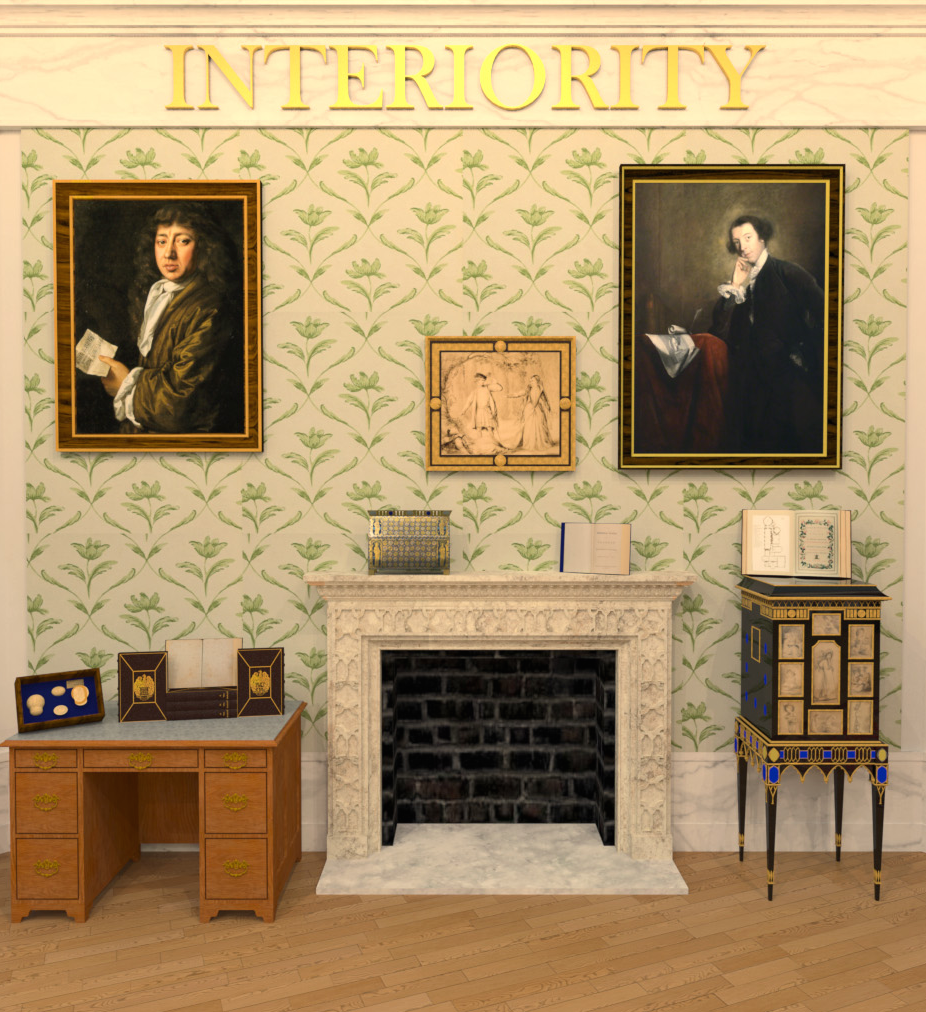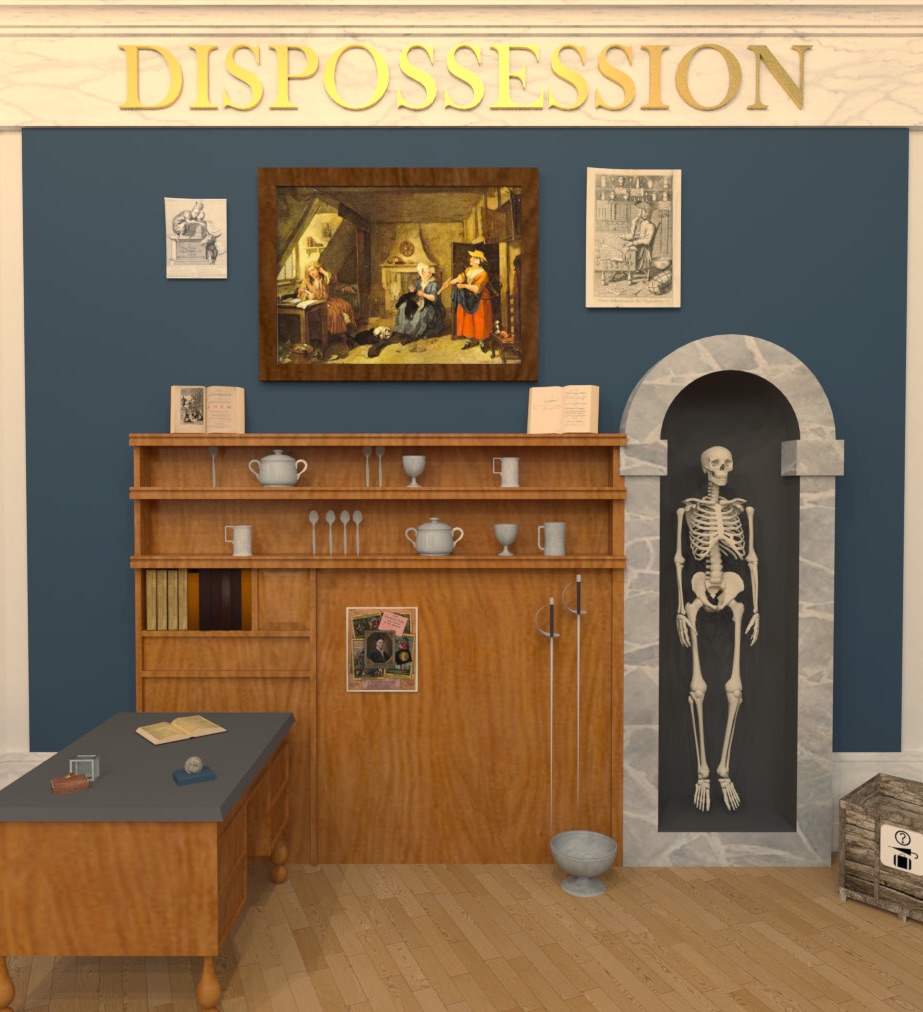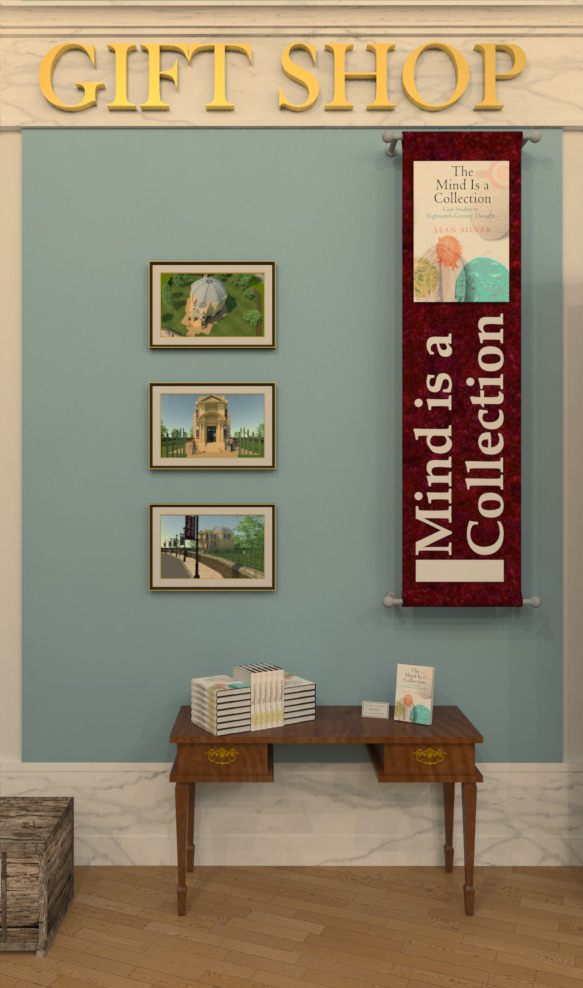MIAC :: About this Museum
The Mind Is a Collection is a born-digital museum of early modern cognitive models. For the last decade or so, I have been studying the spaces in which the philosophies of the British Enlightenment were thought, penned, or put into practice. One outcome of this research is a book, The Mind Is a Collection: Case Studies in Eighteenth Century Thought (Penn, 2015). But this book was all along imagined as the catalogue of a museum, a collection of the things that people used to make sense of mental processes. This is that museum.
We generally think of the mind as something absolutely different from the rest of the world. But when we try to talk about it, we find ourselves employing a loose network of metaphors. We imagine ourselves as being like the gadgets we use to think. Memory is a database; the mind is a central processing unit; the senses offer input. Or, the mind is a repository of memories, a library for ideas, a workshop for concepts. In other words, the mind is a collection—of facts, data, ideas, concepts, memories, images. What is more, we create gadgets based on mental models. We invent tools that respond to how we understand our minds to work. Call it the feedback loop of cognitive modeling. We are the creatures of our gadgets, just as our gadgets are the creatures of our thoughts.
The usual way to explore this phenomenon would be to write a book about it, posing the argument that "mind" is a name for certain kinds of emplaced relationships. I did this. But it seems just as natural to me to pose this argument through a museum, since collections like museums were the smithies of the modern mind. This, then, is that museum, which contains some of the critical objects of eighteenth-century philosophy. John Locke says that the mind is a cabinet? Well, some of the critical artifacts from his cabinet can be found in the first space of this museum, called "Metaphor." (The rest can be found in Oxford, at the Bodleian Library.) Joseph Addison compares thinking to walking? The back door of The Mind is a Collection, located in "Digression," lets out onto Addison's favorite walk, the water-walks of Magdalen College. And so on.
In short, The Mind Is a Collection asks you to take our metaphors seriously. It, itself, certainly takes them seriously, betting that the best way we can make sense of mental processes is through our gadgets. Why would this be true? Well, for one thing, it is hard to imagine how else we could talk about cognitive processes. We "grasp" concepts. We "have" ideas. And, most importantly, we "store" memories, filing them away for future recall. How else would we talk about the mind's invisible work, except through visible, manipulable things? How else could we talk about thinking, except through the arrangement of objects?
This museum mostly limits itself to 17th and 18th-century England, where this set of habits got their modern-era start. It examines libraries, workshops, notebooks, and collections of all sorts. It is organized by case, in the same order as the book of the same title (The Mind Is a Collection, Penn 2015). The book also contains a glance towards some of my future projects, including thinking a bit about our own metaphors, including versions of the one that seems to me to be most critical: the mind is a computer.
So: welcome to the Mind is a Collection! Please feel free to browse, to pursue whatever is of interest to you, and to skip what isn’t. Leave for coffee and return. Your ticket is good for multiple entries. A longer, more detailed discussion of anything you find here is available in the book of the same title. Links to places where you can find the book will be found in the gift shop.
